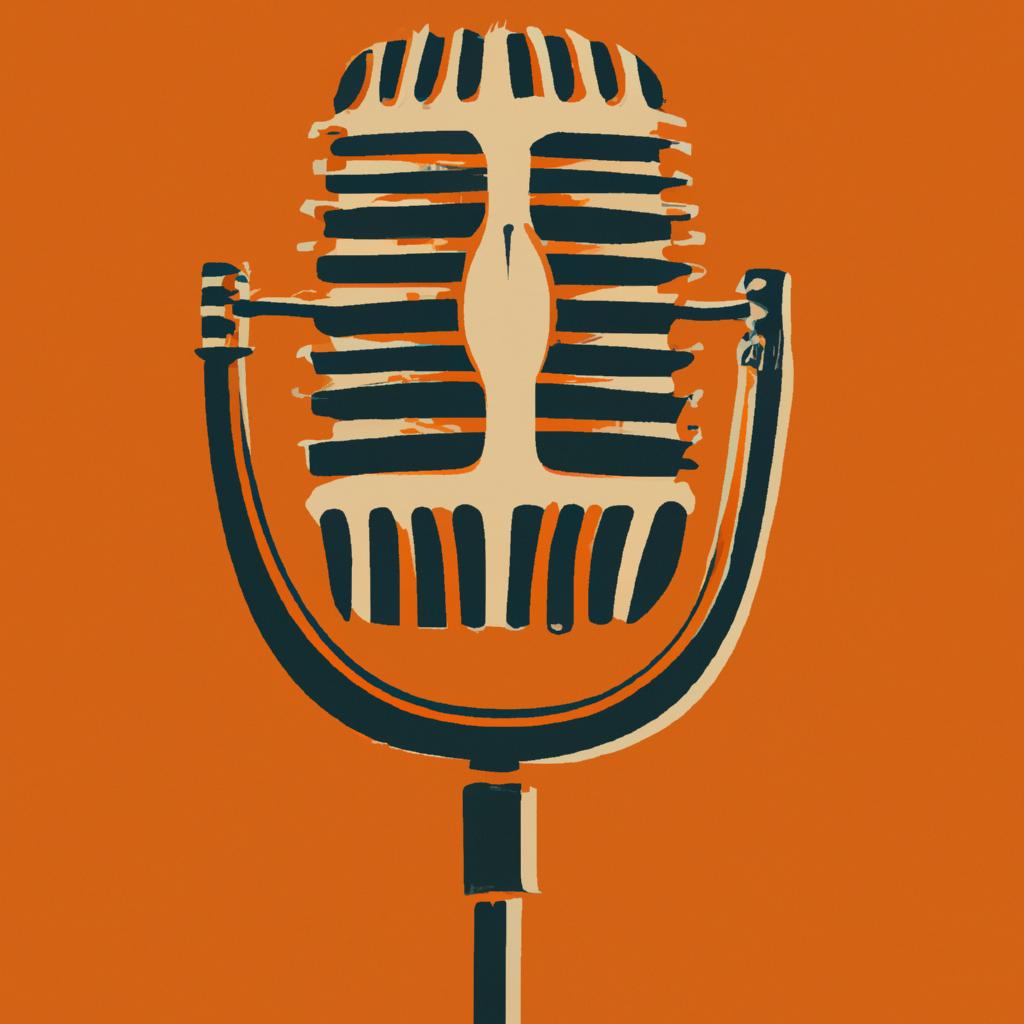Top Factors to Consider for Ideal Recording Studio Selection

A Peek into the Recording Studio
In the world of music and broadcasting, a recording studio plays a crucial role. It is where the magic happens; from getting the right sound to post-production perfection. This versatile space allows artists to explore their creativity and turn their ideas into auditory reality.
Brief Background on Recording Studio
The history of recording studios dates back to the late 19th century with the invention of phonographs and later, radio broadcasting. These technological advancements led to the need for space designed for sound recording and engineering, which is how the concept of a recording studio was birthed.
Anatomy of a Recording Studio
A recording studio generally comprises:
- Control Room: This is where sounds are manipulated and regulated by audio engineers, using sophisticated tools like mixers, monitors, and various digital audio workspaces.
- Tracking Room(s): The place where the sounds are produced. It could be vocals, music instruments, or any other sound source.
- Isolation Booths: Smaller sound-proof rooms designed to prevent sound interference, mostly used for recording vocals or solo instruments.
- Machine Room: Houses noisy hardware like computer servers and amplifiers, keeping these sounds away from the other rooms.
Key Elements in a Recording Studio
Key elements that differentiates a professional recording studio from just another room are:
- Acoustics: The shape and furnishing materials like room acoustics and dampening play a crucial role in enhancing or degrading sound waves.
- Soundproofing: Effective infinity baffle insulation to buffer external noise interference. Double-door systems, thick walls, and insulated ceilings all contribute to soundproofing.
- Microphones: Various types are used depending on the sound source and the desired outcome. Some common types are ribbon, condenser, and dynamic microphones.
- Preamps and Processors: Preamps boost the signal from the microphone, and processors shape the sound to make it clearer or give it a certain character.
Choosing a Recording Studio
Selecting the perfect recording studio depends on:
- Sound Genre: Each studio might have different specialties based on their setup and equipment.
- Budget: Rates can vary greatly, going up with the level of sophistication and reputation of the studio.
- Location: Some artists may prefer a specific location due to its ambience, vibe, or convenience.
- Engineers and Producers: The skills and experience of the studio staff can have a tremendous impact on the final product.
Demystifying the Recording Studio
Recording studios are more than just rooms filled with high-tech equipment; they are artistic sanctuaries where creativity is captured and refined. Understanding how a studio works can help you appreciate the artistry and technical prowess that goes into every recording, and aid your decision when picking the right studio for your next project.
